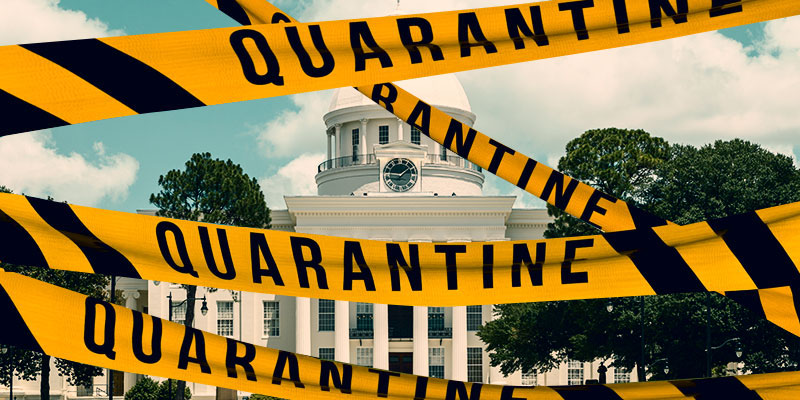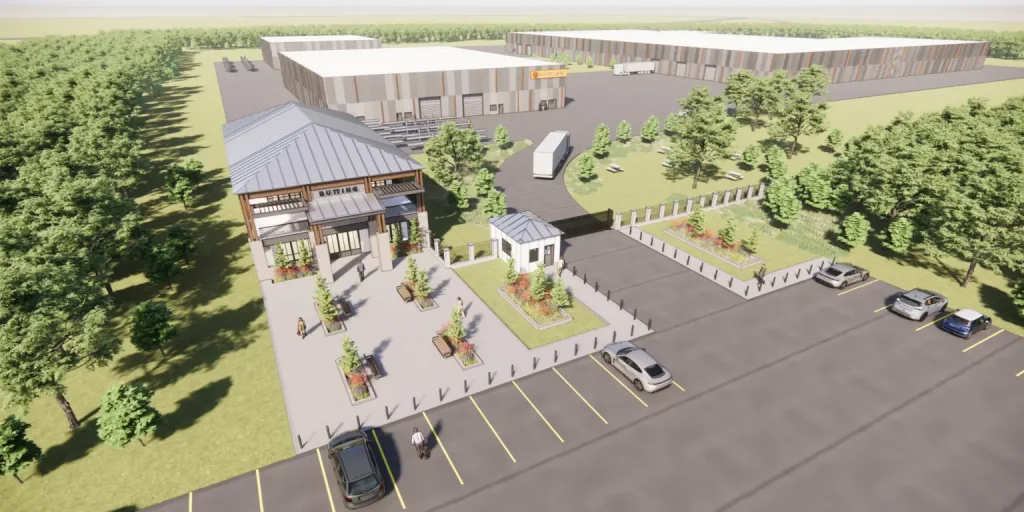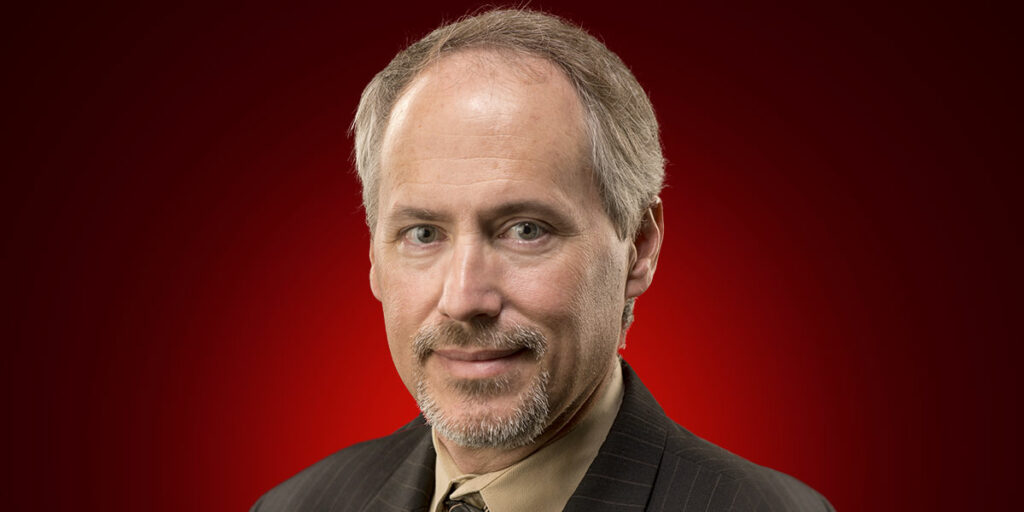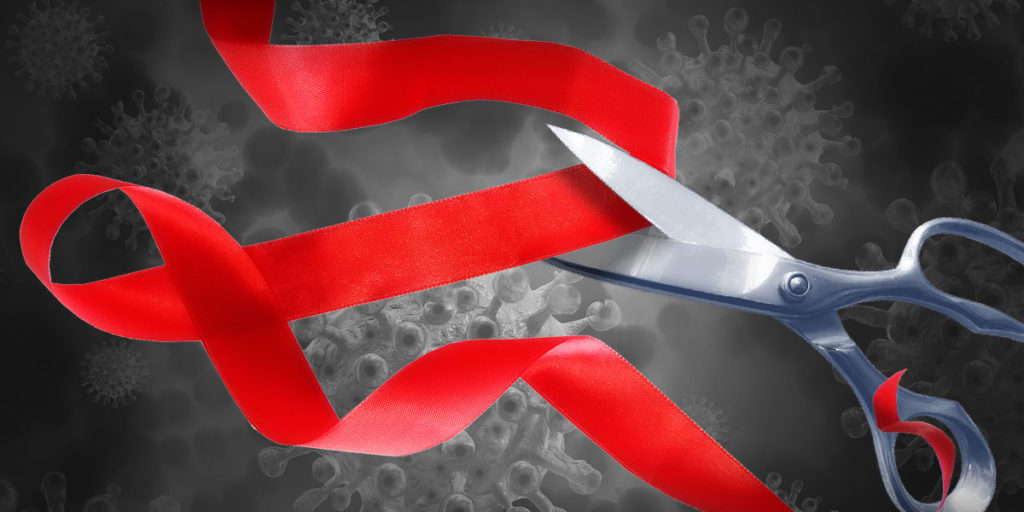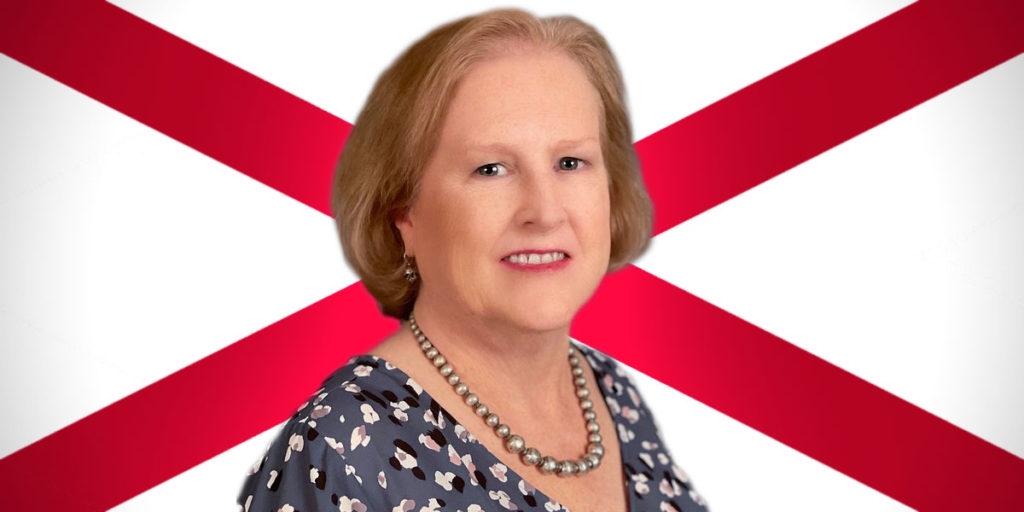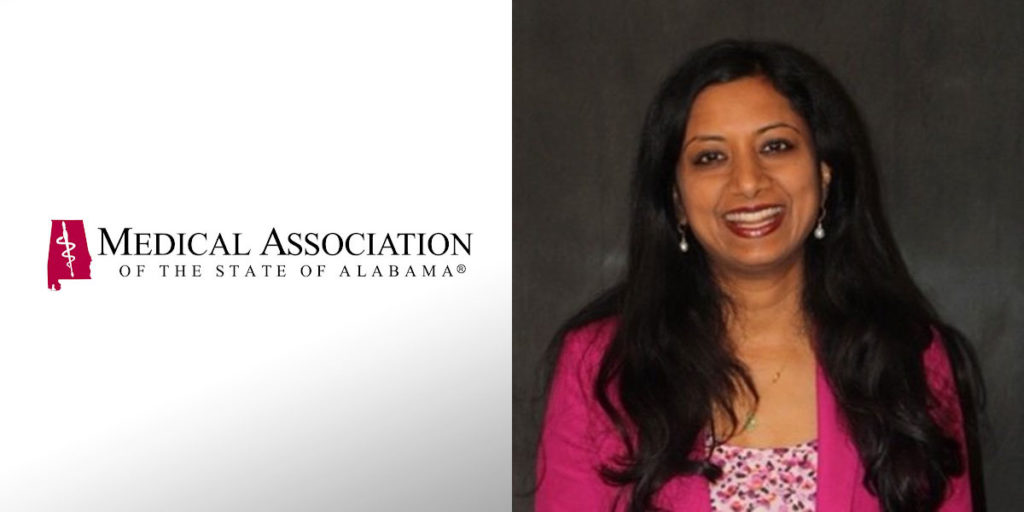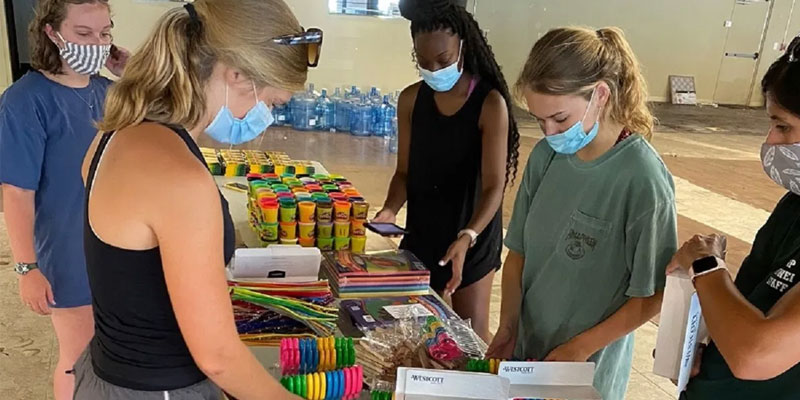Governments have taken numerous extraordinary actions to contain COVID-19. Once the pandemic is over, we can and should revisit the emergency powers laws guiding these policy decisions.
How extraordinary have the activities been? Supreme Court Justice Samuel Alito described them as “previously unimaginable restrictions on individual liberty.” Confinement of the non-sick through stay-at-home orders and open-ended “nonessential” business closures are unprecedented. A recent scholarly paper contends that COVID has set off an “authoritarian pandemic.”
America was founded on the belief that government serves citizens, not the other way around. Our founders created a limited government with the Constitution delegating only specifically enumerated powers to the Federal government. Washington was prohibited from doing anything not specifically authorized.
The exercise of new powers without specific authorization should consequently concern proponents of freedom. One concern arises because we do not know precisely when a government may become too strong to remain limited. Beyond this, emergencies have provided the rationale (or excuse) for many expansions of power, as economic historian Robert Higgs documented in “Crisis and Leviathan.” Liberty-minded scholars acutely fear the threat posed by crises.
One of the 20th century’s greatest economists was Friedrich Hayek. In “Law, Legislation, and Liberty,” he discusses how markets and the common law enable peaceful cooperation and the role for government in a free society. Hayek also proposed protecting freedom by separating the declaration of an emergency from the exercise of these powers. Separation would thwart limit a would-be tyrant wanting to rule by emergency decree.
States’ emergency powers laws differ, but Alabama’s illustrates the typical lack of separation. While the governor and state legislature can both declare an emergency, the governor exercises the emergency powers. The law allows a state of emergency for only 60 days, but the governor can just issue a new declaration. I believe Governor Ivey has exercised these powers responsibly, but some governors have abused this dual power.
How might we separate these powers? If the governor is going to exercise emergency power, then someone else must declare the emergency. Within the current structure of government, the state legislature and Supreme Court are options. But we could also create a new board to declare public health emergencies.
A new board could incorporate relevant expertise. Legislators come from all walks of life and judges are trained in law. A board without independent experts as members would likely be dependent on the state’s experts. Yet since the Alabama Department of Public Health would likely formulate pandemic policies, we would not have full separation.
Expertise should not be exclusively from the field of public health. Vanderbilt economist Kip Viscusi has extensively studied risk regulation and observes that government agencies charged with managing one type of risk exhibit excessive focus on “their” risk. The Environmental Protection Agency, for instance, minimizes environmental risks, resulting in enormous expenditures on trivial risks.
Tunnel vision becomes worse when regulatory agencies overlap with academic disciplines, as with public health. The vastness of accumulated human knowledge requires that scholarly expertise be extremely narrow.
This provides perspective, I think, on COVID-19 policy mistakes. We have focused excessively on the virus, with the CDC even preventing evictions to stem COVID-19. Even other elements of healthcare have been sacrificed, with cancer screenings down over 20% and childhood vaccination programs disrupted. And this is before weighing the enormous mental health, economic and educational impacts of pandemic policies. Expertise from other areas of health as well as business and economics should help declare an emergency.
COVID-19 is not the last pandemic humanity will face. And because (as I have discussed previously) health and safety are luxury goods, the old ways, namely letting pandemics run their course, will never seem appropriate again. We need a better governance structure for public health emergencies to safeguard our health and freedom in the future.
Daniel Sutter is the Charles G. Koch Professor of Economics with the Manuel H. Johnson Center for Political Economy at Troy University and host of Econversations on TrojanVision. The opinions expressed in this column are the author’s and do not necessarily reflect the views of Troy University.




